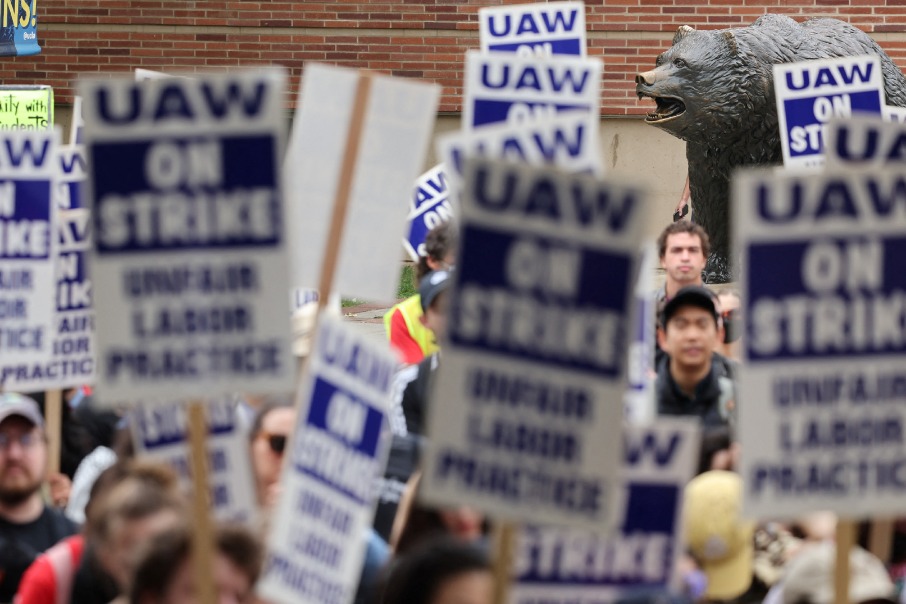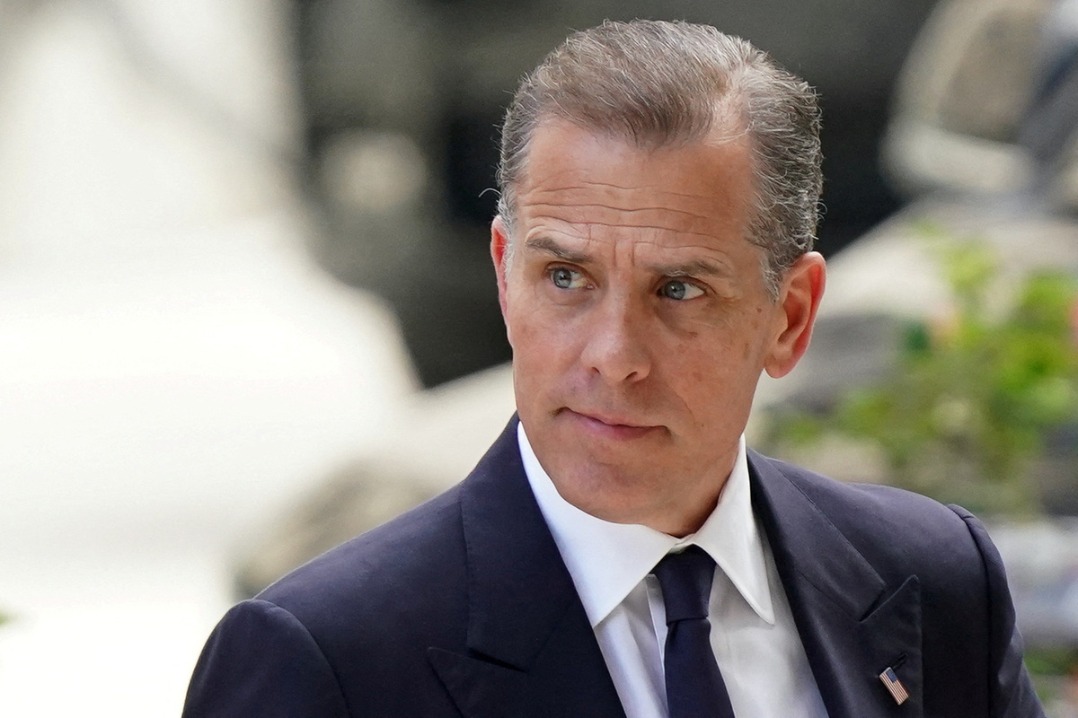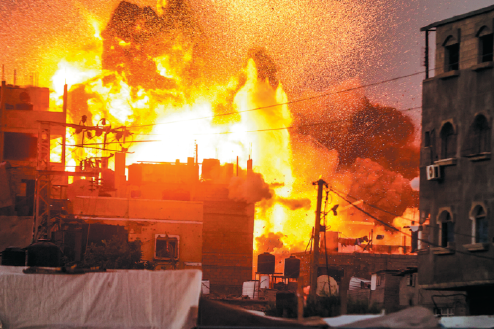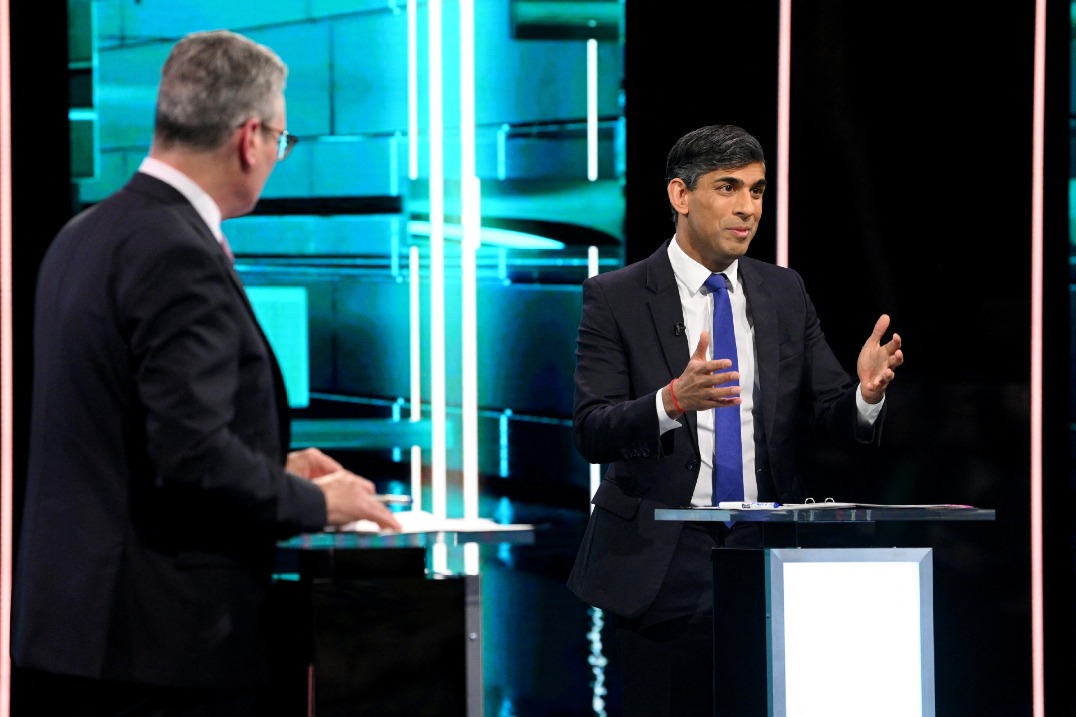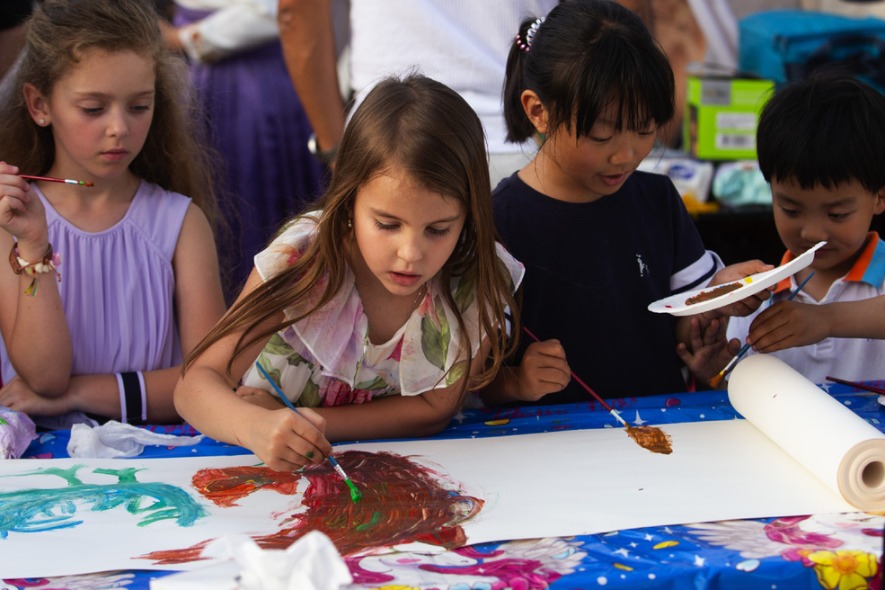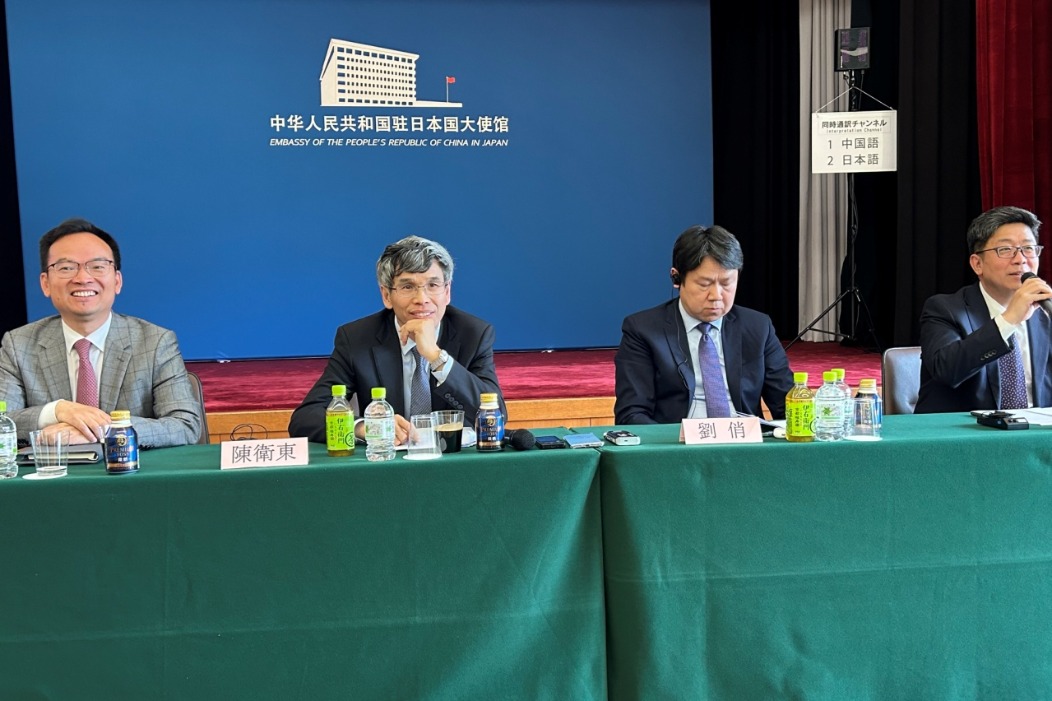Genuine warmth remains unchanged


When I first arrived in China, more than three decades ago, I had no idea it was the first of what would become dozens of visits. I also didn't realize I'd spend much of my professional career making nonfiction films in and about China.
Back then, Beijing was a very different place. There was no highway connecting the international airport with the central city. On the way to my hotel, located across the street from the diplomatic district, the taxi got caught in a traffic jam caused by a farmer moving his tractor from one field to another. At night, truck drivers traveled along the dimly lit street outside the hotel with their lights turned off, unwilling to risk burning out irreplaceable headlight bulbs. Needless to say, those sorts of things don't happen in Beijing anymore.
One thing that hasn't changed, however, is the sincere welcome I received then and still do now.
While traveling in China last October, I was surprised by the TV news coverage given to two elderly American military veterans. Melvin McMullen and Harry Moyer both served in China during World War II. They were members of a United States Army Air Forces unit called the "Flying Tigers," at a time when the US and China were allies. They returned to China last autumn, likely for the last time. Wherever they went they were honored. They even met with Chinese Vice President Han Zheng, and US Ambassador to China Nicholas Burns.
All of this took place during a period of intensifying US and Chinese military activity in the South China Sea. Yet, it didn't detract from the genuine affection shown to the two, now aged, veterans. How is it these American heroes are largely forgotten at home, yet still celebrated in China?
My latest film, an American Public TV documentary called Valor and Memory, looks to answer that question. In the process it explores the complex historical relationship between the US and China. It is the story of the Flying Tigers, US pilots who traveled to China to help its people repel a brutal invasion; the Chinese Tigers, Chinese pilots who earned their wings at US flight schools in places like Arizona and Texas, then returned home to defend their homeland; and what might be called the "Chinese American Tigers," young men raised in big city "Chinatown" neighborhoods, sent by the US Army to China for their language and cultural knowledge as much as their technical skills.
The Chinese American Composite Wing, part of US' 14th Air Force, was probably the most unusual unit of any combatant of World War II. It combined personnel from two different countries, who spoke two different languages, under the same command structure. Americans and Chinese fought side-by-side, as equals. They were aided by countless Chinese civilians, ordinary men and women who rescued US flight crews shot down over enemy-held territory. They saved them from possible capture, torture or even death, at the risk of their own lives and those of their loved ones.
For decades, despite profound differences, both the US and China have fostered people-to-people communication. The most famous example is probably the Ping-Pong diplomacy of the early 1970s. It opened the door to eventual diplomatic relations between the United States and the People's Republic of China. The "diplomats" were nine US table tennis players, one of whom missed the team bus at the 1971 World Table Tennis Championship in Japan, traveling instead with the Chinese national team. An invitation to visit China for a series of "friendship" matches soon followed. This at a time when the US and China rarely communicated, and if they did, they talked "at "each other not "with." Table tennis provided a form of back-channel communication, away from the media spotlight.
That style of diplomacy continues today, through efforts like musicians from the New York Philharmonic teaching master classes in Shanghai. Or the return of elderly World War II veterans, like McMullen and Moyer, to China.
As a faculty member at the New York Film Academy, I was invited to lecture at the Beijing Film Academy and Xiamen University. As a filmmaker, I explore the US and China's shared — if contentious — history. The best way to convey that history is through the personal experiences of those who lived it. I've interviewed countless people about China, its culture, and its history. People who — regardless of where they were born or eventually lived — always considered China their 'home.' Many of them were kind enough to share their personal recollections with me. When I travel through China, I often have other people's memories in my head. Sadly, most of those people are now gone. I am honored that their stories still live on through me, and through the American and Chinese audiences who see my films.
The author is a three-time Emmy Award winning filmmaker and educator. He has developed and produced non-fiction programming for ABC, CBS, Discovery, HBO and PBS. The views do not necessarily reflect those of China Daily.

















